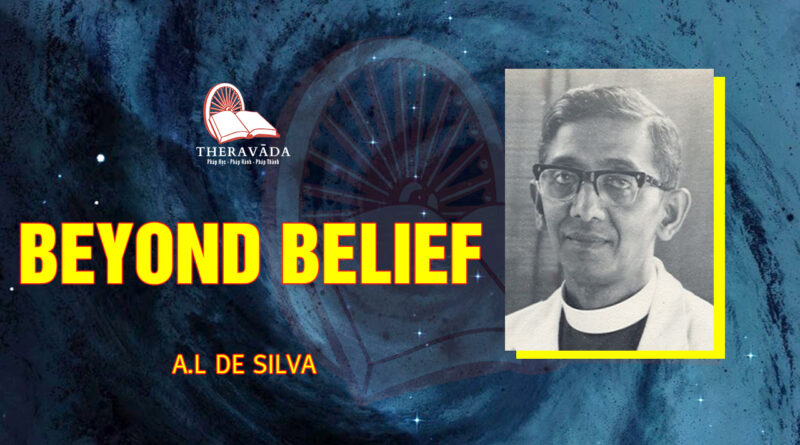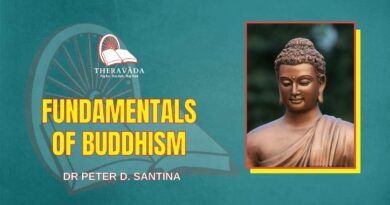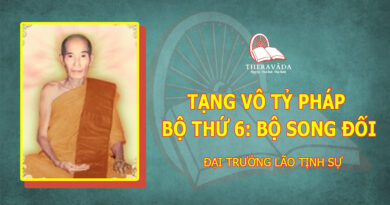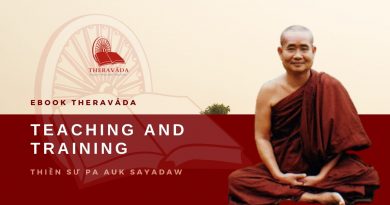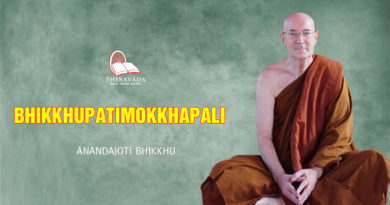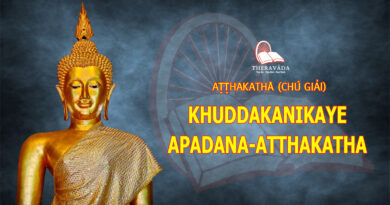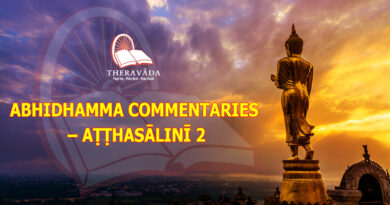Beyond Belief – A.l De Silva (eng)
Beyond Belief
A Buddhist Critique Of Fundamentalist Chrístianity
A.L De Silva
The purpose of this book is threefold. Firstly it aims to critically examine the fundamentalist approach to Christianity and high- light its many logical, philosophical and ethical problems. In doing this I hope to be able to provide Buddhists with facts which they can use when Christians attempt to evangelize them. This book should make such encounters fairer and hopefully also make it more likely that Buddhists will keep their faith. As it is, many Buddhists know little of their own religion and nothing about Christianity which makes it difficult for them rebut the claims fundamentalist Christians make or answer the questions they ask about Buddhism.
The second aim of this book is to help fundamentalist Chris-
tians who might read it to understand why some people are not and will never be Christians. Hopefully, this understanding will help them to develop an acceptance of and thereby a genuine friendship with Buddhists, rather than relating to them only as either lost souls or potential converts. In order to do this I have raised as many difficulties about Christianity as possible. If it ap- pears sometimes that I have been hard on Christianity I hope this will not be interpreted as being motivated by malice. I was a Christian for many years and I still retain a fond regard and even an admiration for some aspects of Christianity. For me, Jesus’ teachings were an important step in my becoming a Buddhist and I think I am a better Buddhist as a result. However, when Christians claim, as many do with such insistence, that their reli- gion alone is true, they must be prepared to answer doubts which others might express about it.
The third aim of this book is to awaken in Buddhists a deeper appreciation for their own religion. In some Asian countries Bud- dhism is thought of an out-of-date superstition while Christianity is seen as a religion which has all the answers. As these countries become more Westernized, Christianity with its ‘modern’ image begins to look increasingly attractive. I think this book will amply demonstrate that Buddhism is able to ask questions of Christianity which it has great difficulty answering and at the same time offer explanations to life’s puzzles which make Christian explanations look rather inadequate.
Some Buddhists may object to a book like this, believing that a gentle and tolerant religion like Buddhism should refrain from criticizing others. This is certainly not what the Buddha himself taught. In the Mahaparinibbana Sutta he said that his disciples should be able to ‘Teach the Dhamma, declare it, establish it, ex- pound it, analyze it, make it clear, and be able by means of the Dhamma to refute false teachings that have arisen.’ Subjecting a point of view to careful scrutiny and criticism has an important part to play in helping to winnow truth from falsehood so that we can be in a better position to choose between ‘the two and sixty contending sects.’ Criticism of other religions only becomes inappropriate when it is based on a deliberate misrepresentation or when it descends into an exercise in ridicule and name-calling. I hope I have avoided doing this.
DOWNLOAD EBOOK: Beyond Belief
beyond-belief02
